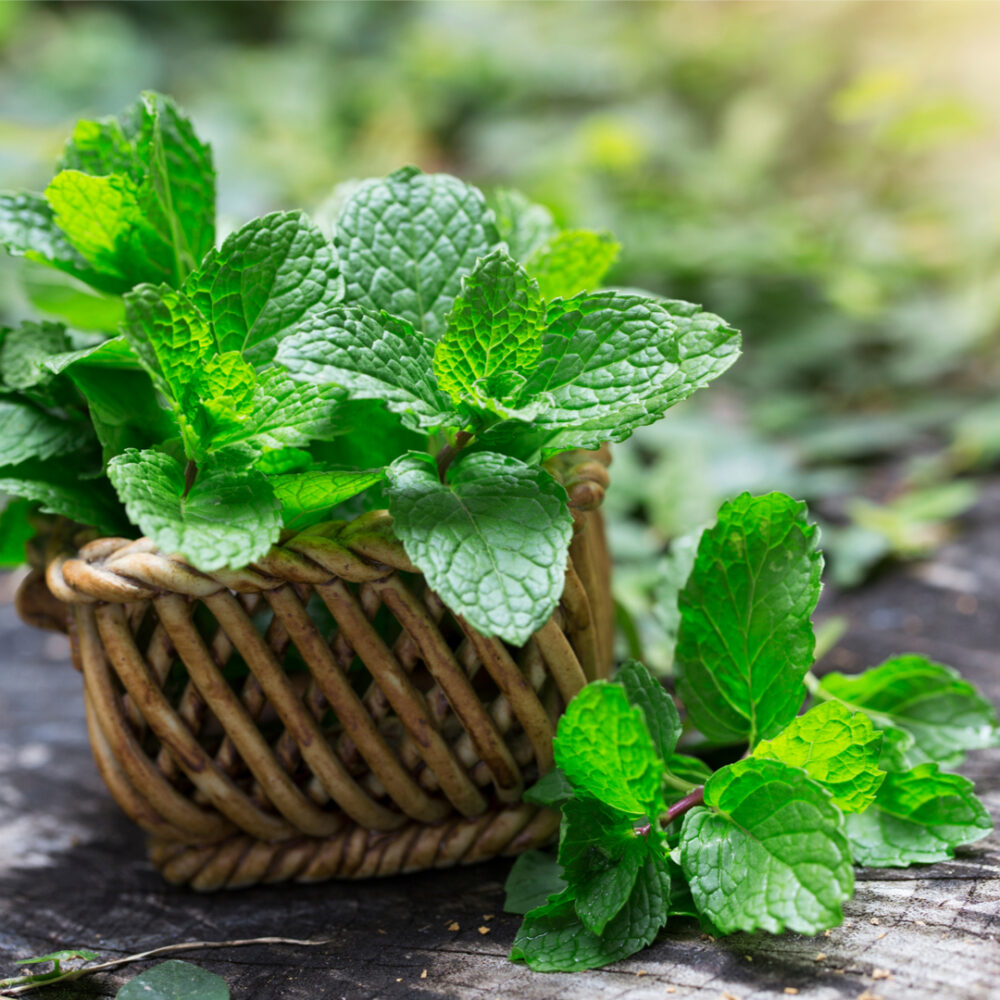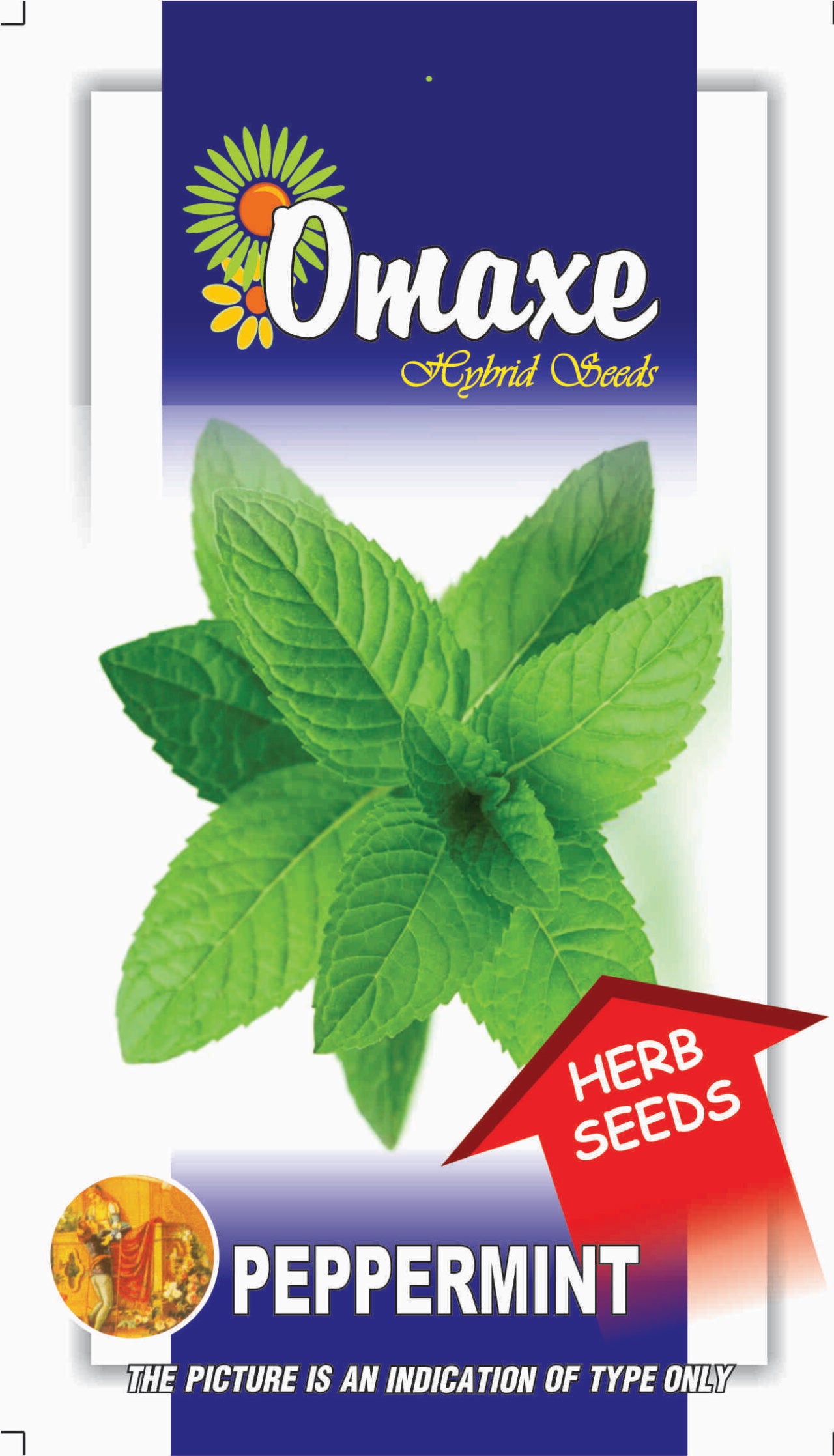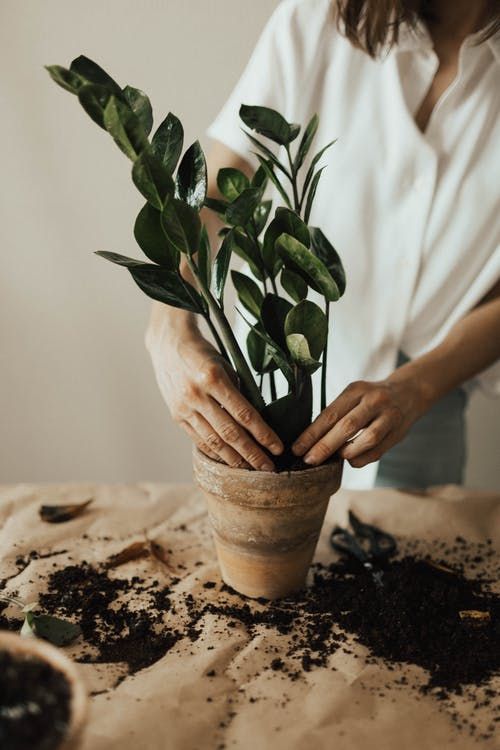1
/
of
2
Peppermint Seeds
Active Ingredients:
- Regular price
-
Rs. 90.00 - Regular price
-
Rs. 120.00 - Sale price
-
Rs. 90.00
Tax included.
Shipping calculated at checkout.
Couldn't load pickup availability
Growing tips for Peppermint Seeds
- Soil: Use well-draining, rich soil with plenty of organic matter.
- Sunlight: Plant in partial shade to full sun, as peppermint Seeds prefers cooler temperatures.
- Watering: Keep the soil consistently moist but not waterlogged.
- Spacing: Plant in containers or garden beds with adequate space, as peppermint seeds can spread rapidly.
- Harvesting: Regularly trim leaves to encourage bushier growth and prevent flowering, which can make the leaves taste bitter.
- Pests: Watch for pests like aphids; use insecticidal soap if necessary.
- Winter Care: In colder climates, mulch plants to protect them during winter.
No reviews
-
Hurry, only 3 items left in stock!
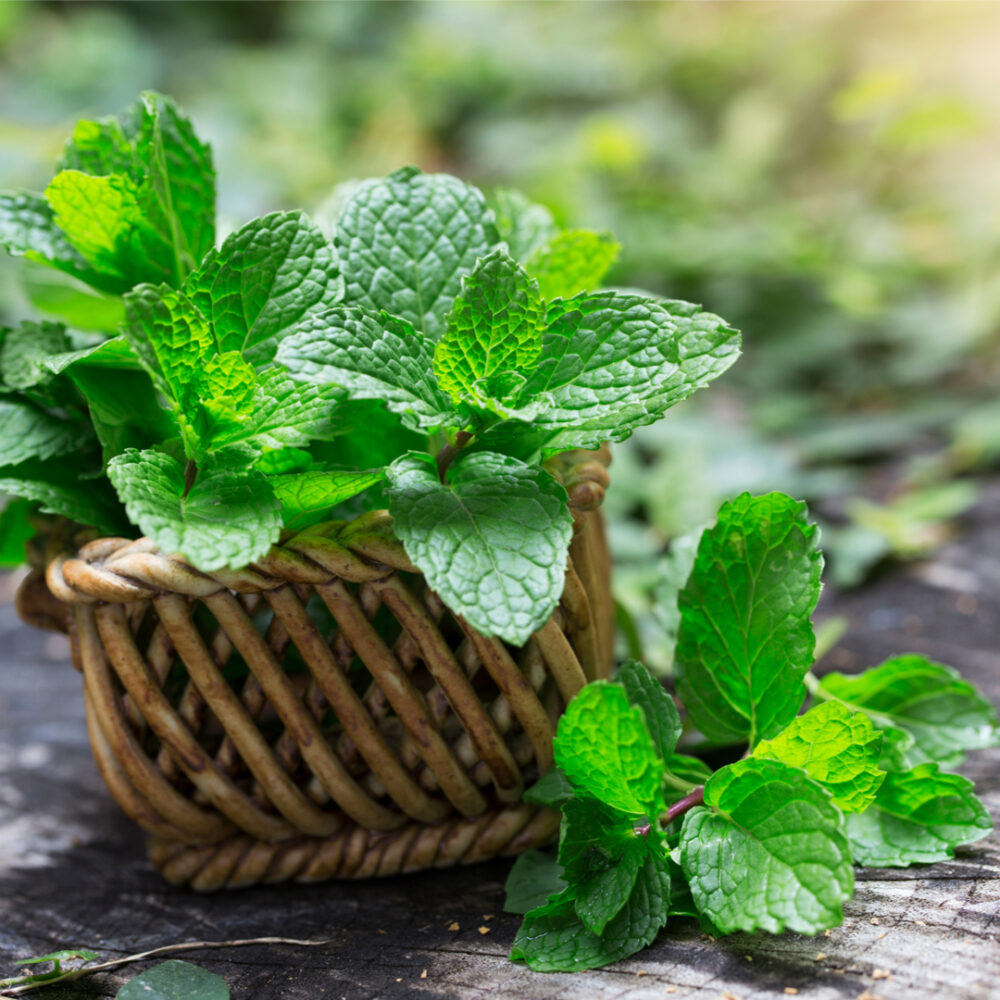
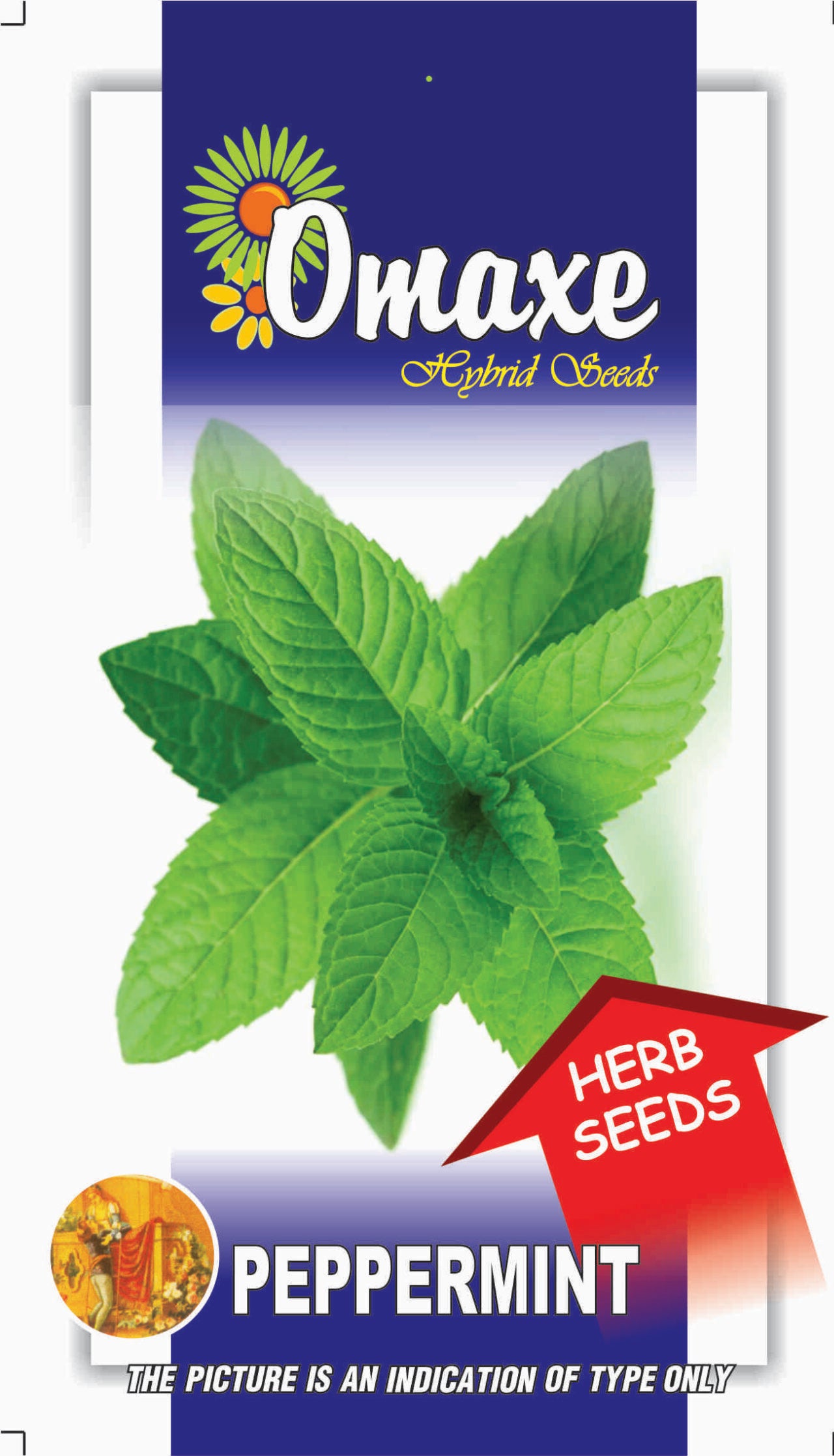

Peppermint Seeds
- Regular price
-
Rs. 90.00 - Regular price
-
Rs. 120.00 - Sale price
-
Rs. 90.00
Free Shipping above ₹499/-
Bombay Seeds Peppermint Seeds
Grow Refreshing, Aromatic Peppermint for Culinary, Medicinal, and Aromatherapy Uses
Bring the invigorating scent and flavor of Peppermint into your garden with Bombay Seeds Peppermint Seeds. Known for its crisp, refreshing taste, peppermint is a popular herb in teas, desserts, and savory dishes. Peppermint also has a long history of medicinal use, from soothing digestive issues to alleviating headaches. Growing your own peppermint ensures a fresh supply of this versatile herb all year round.
Benefits of Peppermint
- Culinary Uses: Peppermint is commonly used to flavor teas, desserts, salads, smoothies, and savory dishes like lamb and yogurt-based sauces.
- Digestive Health: Peppermint has long been used to relieve indigestion, bloating, and upset stomachs. It is also beneficial in reducing nausea and promoting overall digestive comfort.
- Aromatherapy: Peppermint essential oil is known for its refreshing and invigorating properties, often used to relieve headaches, fatigue, and muscle pain.
- Rich in Nutrients: Peppermint is rich in vitamins A and C, iron, and antioxidants that support overall health.
- Antibacterial Properties: Peppermint has natural antibacterial properties, making it effective in fighting off germs and boosting immunity.
Specifications of Peppermint Seeds
- Common Names: Peppermint, Mentha × piperita.
- Sunlight: Prefers full sun but can tolerate partial shade in hotter climates.
- Soil: Thrives in moist, well-drained, loamy soil with a pH of 6.0 to 7.0.
- Watering: Requires regular watering, particularly during dry spells. Keep the soil consistently moist, but not waterlogged.
- Temperature: Grows best in temperatures between 18°C and 22°C.
- Germination Time: 10–14 days.
- Height: Typically grows to 12–18 inches tall, with spreading stems.
Precautions for Growing Peppermint
- Watering: Keep the soil consistently moist, but ensure good drainage to avoid waterlogging, which can lead to root rot.
- Invasive Growth: Peppermint can be invasive due to its spreading rhizomes. Consider growing it in containers or using barriers to control its spread.
- Pests: Peppermint is generally resistant to pests, but aphids or spider mites can occasionally appear. Use organic insecticidal soap to control pests.
- Pruning: Prune peppermint regularly to promote bushier growth and prevent it from becoming too leggy. Harvest leaves as needed to maintain healthy growth.
Peppermint Names in Different Languages:
- Hindi: पेपरमिंट का बीज (Peppermint ka Beej)
- Marathi: पेपरमिंट बीज (Peppermint Beej)
- Tamil: பெப்பர்மின்ட் விதைகள் (Peppermint Vithaigal)
- Telugu: పెప్పర్మింట్ విత్తనాలు (Peppermint Vithanalu)
- Kannada: ಪೆಪರ್ಮಿಂಟ್ ಬೀಜ (Peppermint Bija)
- Malayalam: പെപ്പർമിന്റ് വിത്തുകൾ (Peppermint Vithukal)


